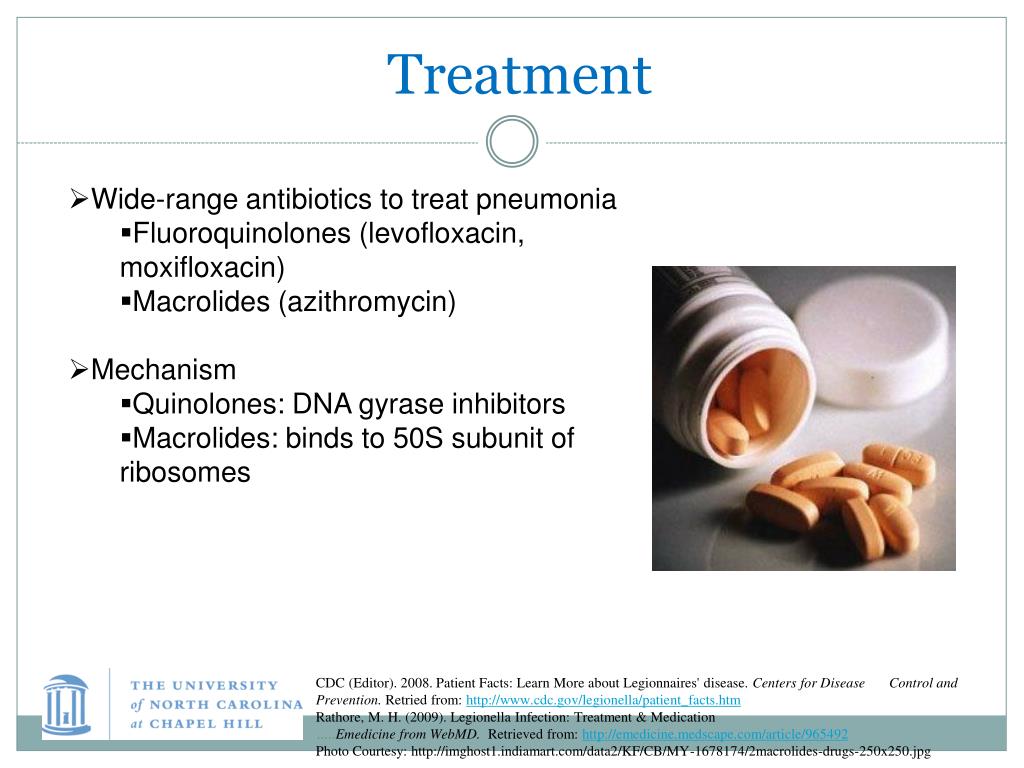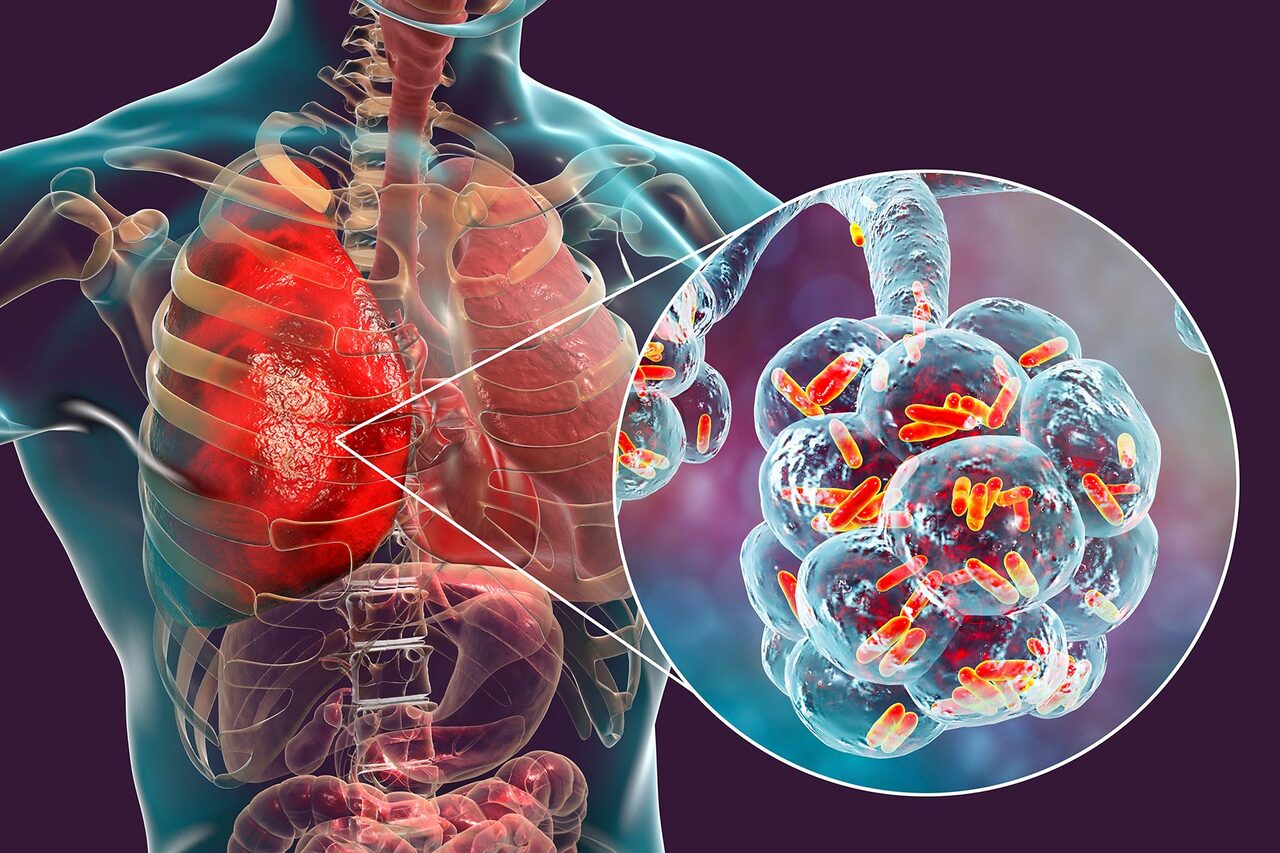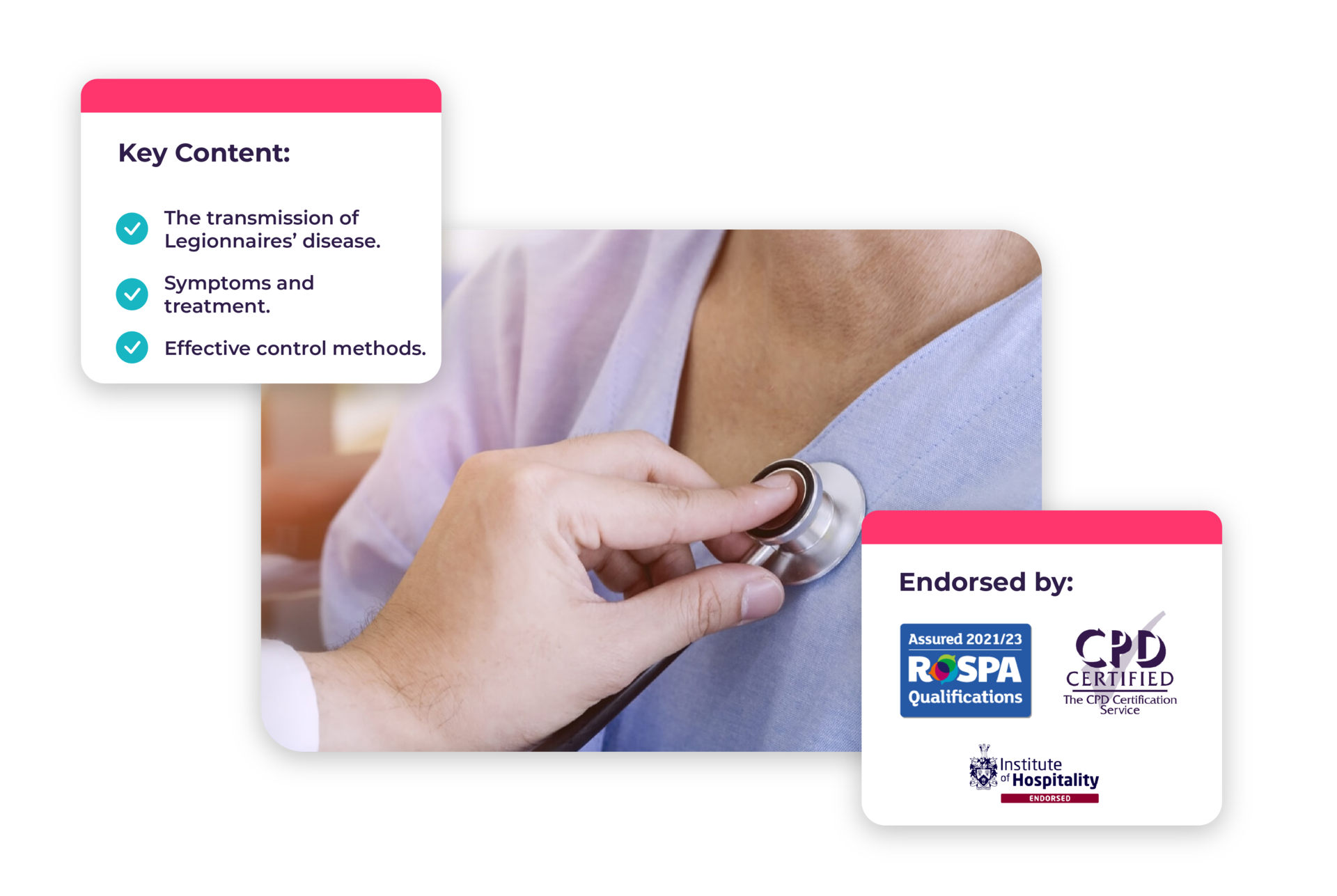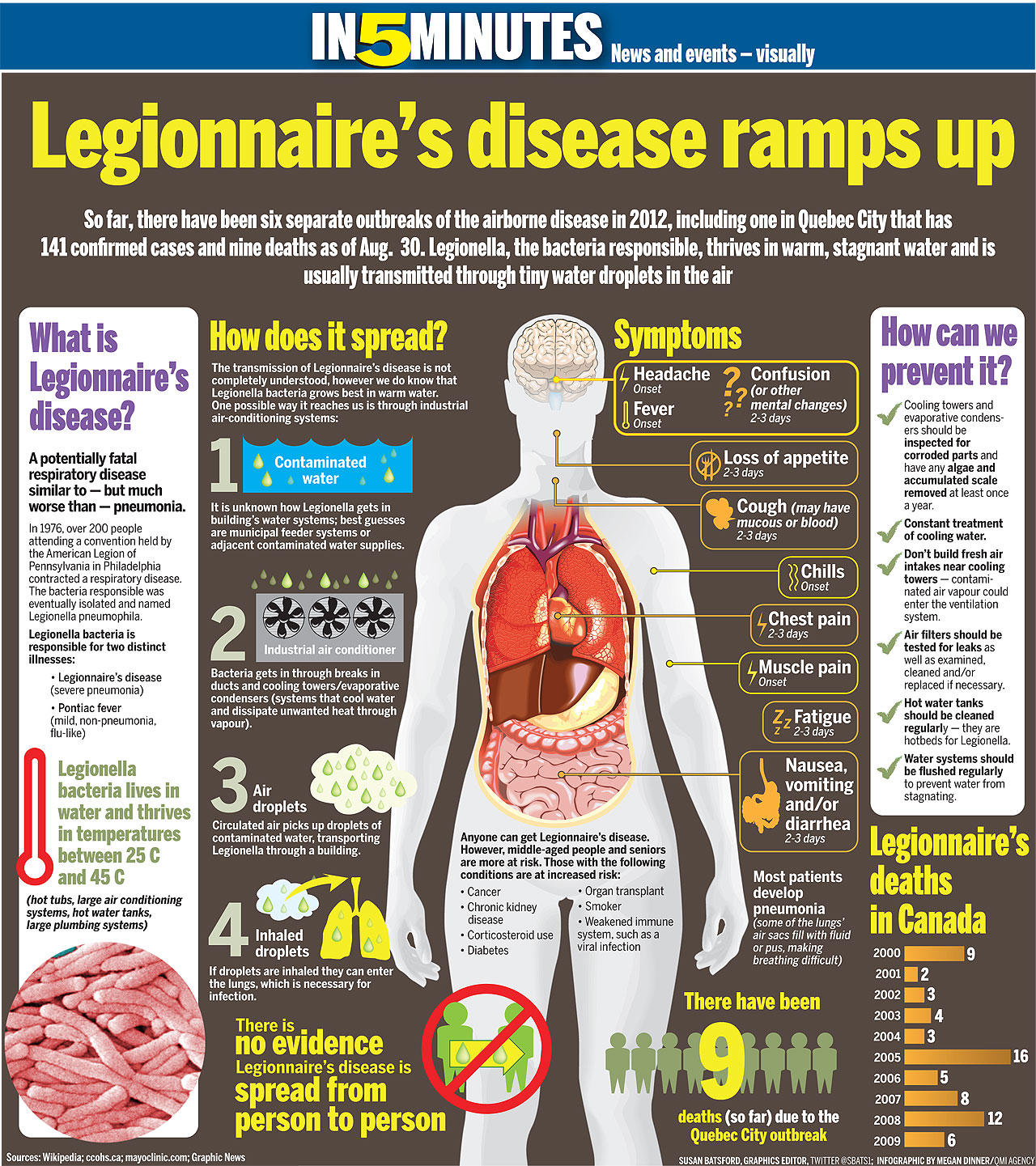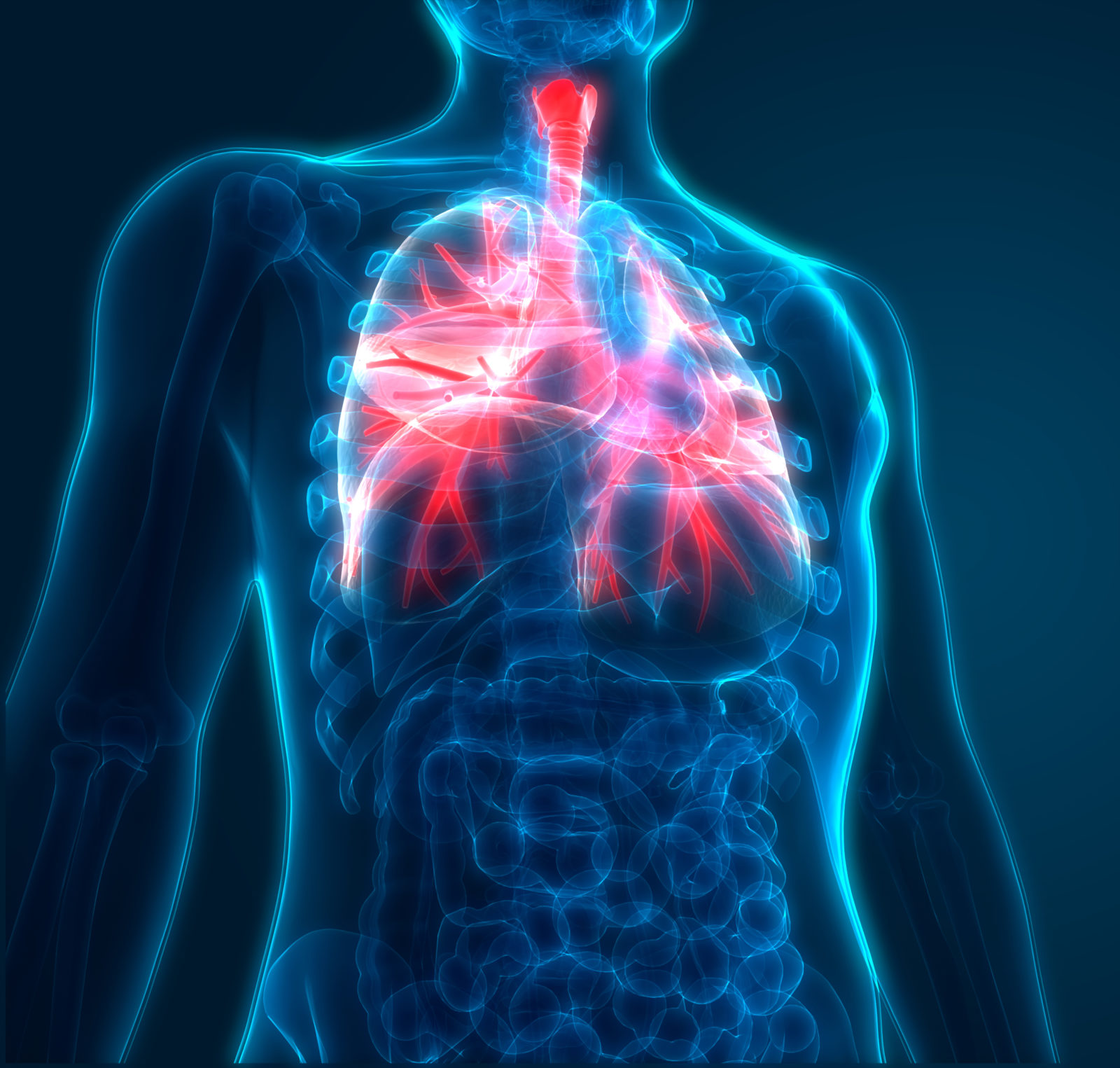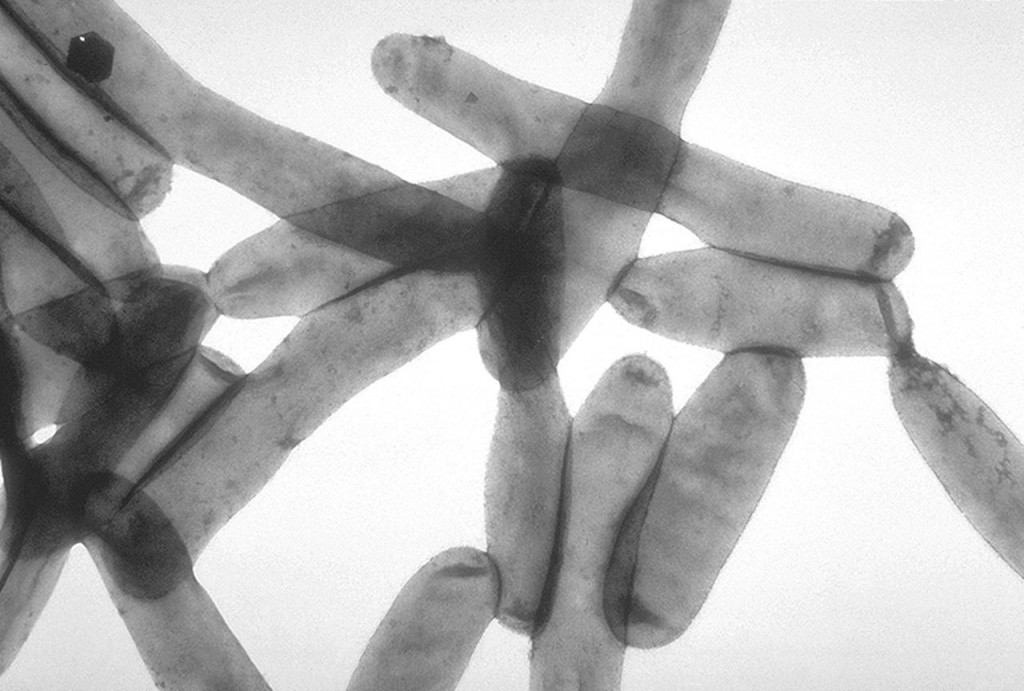Stunning Tips About How To Treat Legionnaires Disease
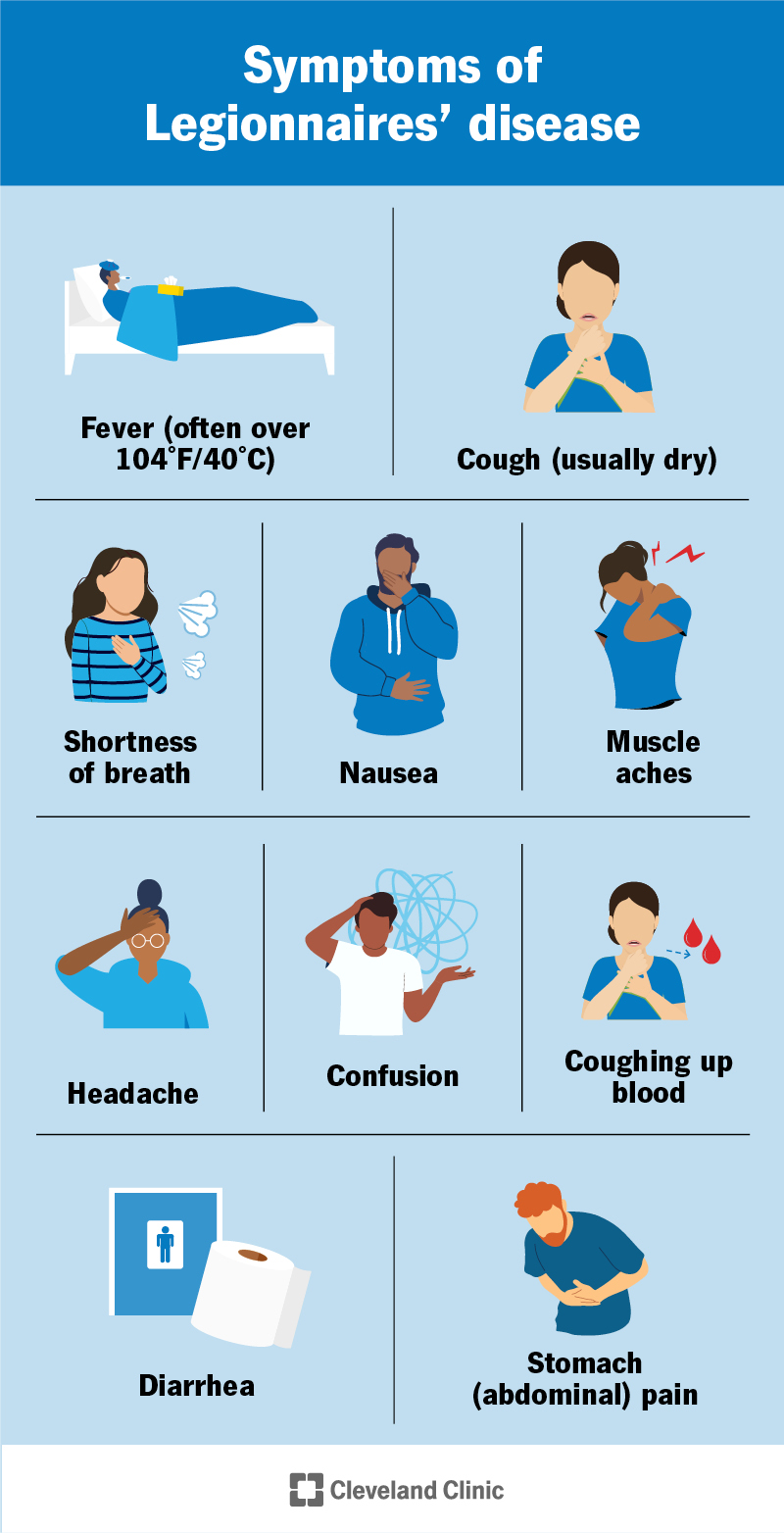
Some people with legionnaires’ disease will need to be treated in hospital.
How to treat legionnaires disease. Antibiotics given directly into a vein oxygen through a face mask or tubes in your nose a machine to help you breathe Most people who get sick need care in a hospital but make a full recovery. Legionnaires' disease is the more severe form and can be fatal.
Many people became sick at this convention which sparked an investigation to uncover the cause. Less commonly, people can get sick by aspiration of drinking water containing legionella. It is important that you contact your doctor as soon as possible if you think that you have been exposed to legionella bacteria.
This may be accompanied by nausea, diarrhea, chills and confusion. Symptoms include fever, headache, lethargy, muscle pain, diarrhoea and sometimes coughing up blood. In many cases, legionnaires’ can be successfully treated, but even healthy people usually require a.
Instead, the key to preventing legionnaires’ disease is to reduce the risk of legionella growth and spread. Legionnaires' disease is treated with antibiotics.
The sooner therapy is started, the less likely the chance of developing serious complications. People can get legionnaires’ disease or pontiac fever when they breathe in small droplets of water in the air that contain the bacteria. Prevention of legionnaires’ disease depends on applying control measures to minimize the growth of legionella and dissemination of aerosols.
Culture isolation of legionella on media that supports growth of legionella (i.e., buffered charcoal yeast extract [bcye] agar) is confirmatory and an important method for diagnosis. Legionnaires’ disease is treated with antibiotics, like azithromycin, ciprofloxacin, and levofloxacin, among others. The two most potent classes of antibiotic are the macrolides (azithromycin), and the quinolones (ciprofloxacin,.
Legionnaires’ disease requires treatment with antibiotics and most cases of this illness can be treated successfully. Certain people are at increased risk for legionnaires’ disease At its worst, legionnaires' disease can cause severe pneumonia and respiratory failure.
Delayed antibiotic treatment in legionella pneumonia is a. Building owners and managers can use a water management program to reduce the risk of legionella growing and spreading. There are no vaccines that can prevent legionnaires’ disease.
Treatment on this page overview symptoms when to see a doctor causes risk factors complications prevention overview legionnaires' disease is a severe form of pneumonia — lung inflammation usually caused by infection. It's caused by a bacterium known as legionella. The disease can be treated with.
Most people catch legionnaires' disease by inhaling the bacteria. However, about 1 out of 10 people who get legionnaires’ disease will die from the infection. Legionella may also cause a milder condition referred to as pontiac fever.





